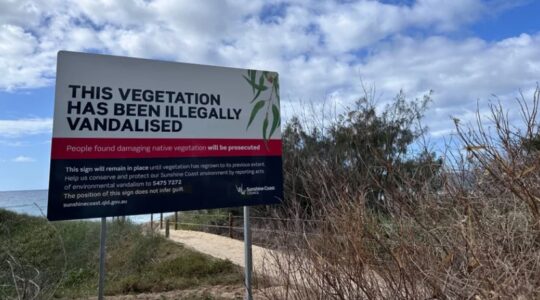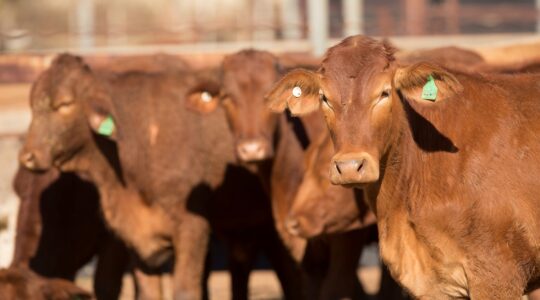Many employees bemoan a lack of senior and executive leadership in the Queensland Public Service and a large majority say they do not receive any support to advance their careers.
In the latest Queensland Public Sector Working for Queensland report less than half (48 percent) felt their senior leaders created an environment where they were heard and 51 percent thought senior leaders provided a clear direction for the future of the organisation.
The executive ranks of the public service fared worse with only 49 percent of survey respondents saying the executive acted with integrity, kept employees informed and communicated a clear direction for the future.
With regards to professional development, 25 percent said the topic was discussed with a manager or supervisor and 40 percent said a manager had supported them to develop professionally.
Less than a third of public servants (32 percent) said their supervisor took the time to provide informal feedback and 36 percent said they received constructive feedback to improve performance.
Workplace safety was also an area of concern with 36 percent saying their workgroup discussed ways to promote mental health and 30 percent said ways to promote wellbeing were discussed.
Despite the relatively low scores, the 2023 outcomes were an improvement on the 2022 survey by between 1 and 3 percent.
Overall employee engagement in the public service sits at 58 percent, the same as 2022.
There was large improvement shown in areas involving First Nations staff, with 77 percent saying their workgroup cared about the cultural safety of Aboriginal and Torres Strait Islander colleagues, an improvement of 5 percent from the previous year.
There was a marked improvement in the way First Nations employees felt in the workplace, with 70 percent saying they were comfortable sharing their perspective as an Aboriginal and Torres Strait Islander person, a 12 percent improvement on the 2022 survey.








